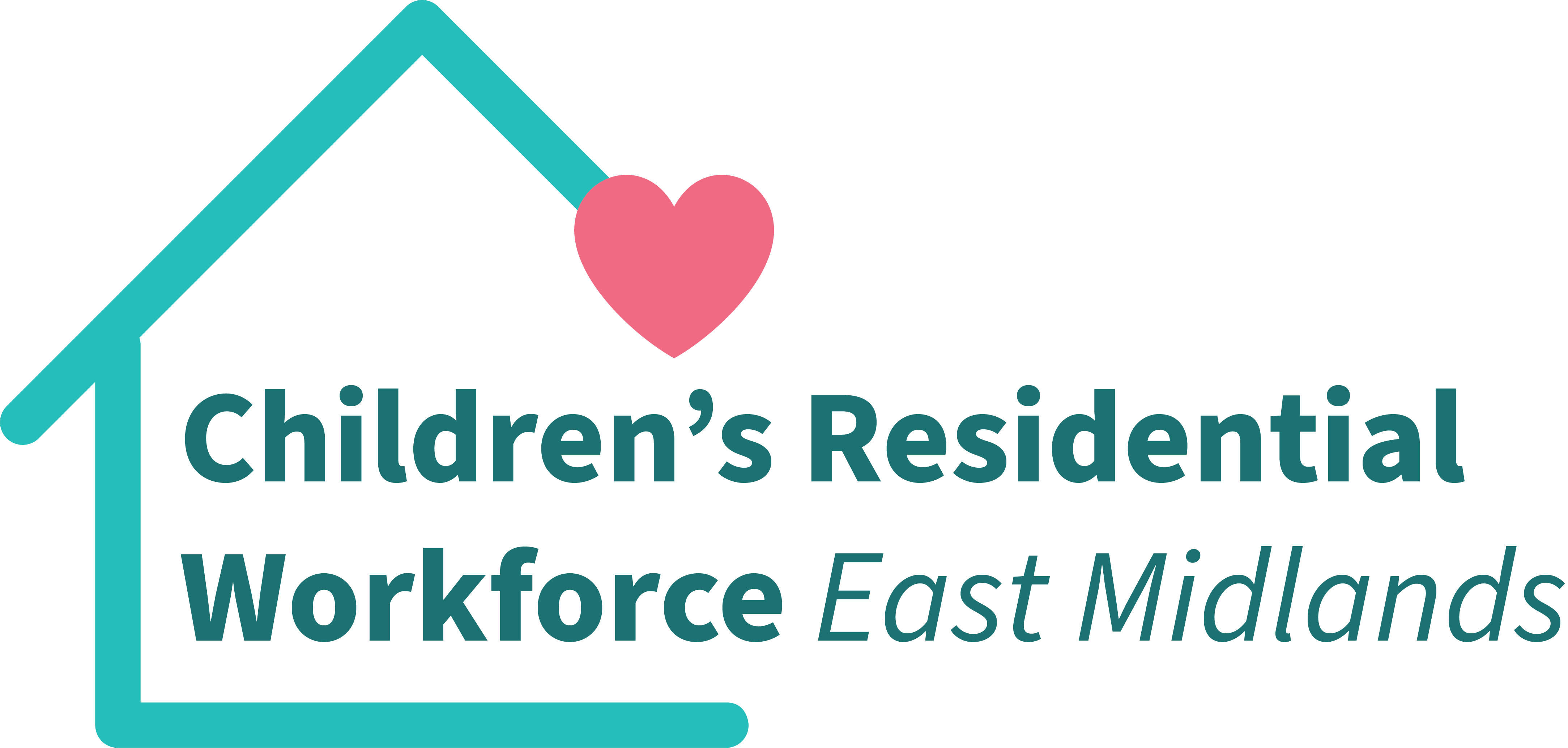
A career in children's residential social care
Children's residential social care refers to a specialised area within social work that focuses on providing care and support for children who, for various reasons, cannot live with their families.
These children are often placed in residential homes, where a team of dedicated professionals provide 24/7 care and support. The goal is to create a safe, nurturing environment where children are able to thrive and develop.
What does a residential care worker do?
Advocates and empowers.
Care workers advocate for the rights and needs of the children they work with, empowering them to have a voice in decisions that affect their lives.
Builds relationships.
Children in residential care often form strong bonds with their care workers. These relationships can be transformative, providing stability and a sense of belonging.
Promotes resilience.
The supportive environment care workers create aims to help children overcome adversity and build a positive outlook for the future.
What does a typical day involve?
Working in a children's residential care is dynamic, rewarding and sometimes challenging. Although no two days will look exactly the same, and every child's support needs will be different, here's what a typical day in a children's home might involve.
- Morning Briefing: The day often starts with a team briefing. We discuss any updates, share information about the children's well-being and plan for the day ahead.
- Wake-Up and Morning Routine: We wake up the children and help them get ready for the day. This includes ensuring they have breakfast, get dressed and are prepared for school or other activities.
- School Drop-Off: For school-age children, we ensure they get to school on time. This might involve coordinating transportation or walking them to school if it's nearby.
- Educational Support: While the children are at school, we may use this time for professional development, attending training sessions or preparing educational resources for the afternoon.
- After-School Activities: After school, we engage the children in various activities. This could include helping with homework, organising sports or creative activities and fostering a positive and supportive atmosphere.
- Dinner Time: We prepare and serve dinner, emphasising the importance of healthy eating habits. Dinner is not just a meal but a time for conversation and connection.
- Evening Routine: As the day winds down, we assist the children with their evening routine. This includes helping with showers, getting into pyjamas and preparing for bedtime.
- Bedtime Stories and Support: Before bedtime, we often read stories or engage in calming activities. It’s a time to build a sense of security and provide emotional support.
- Night Shift Responsibilities: For those working night shifts, the focus shifts to ensuring the safety and well-being of the children during the night. This might involve periodic check-ins and being available if a child needs support.
Do I need experience?
To work in children's residential care, many roles look for roughly six months of experience supporting others. This doesn't have to be a formal job; it can come from various backgrounds where you've made a difference.
- Education: Teaching assistants, youth groups, or volunteering.
- Healthcare: Nursing, SEND support, or community care.
- Personal: Caregiving for family members or siblings.
These experiences develop the core strengths we look for: patience, resilience, and empathy. Whether through formal work or personal responsibilities, you’ve likely already practised essential skills like:
- Building trusting relationships.
- Providing emotional support and behavioural guidance.
- Creating safe, structured environments.
Your experience can change a life…
When you apply, focus on your values. Show us how you listen, how you stay resilient during challenges, and how you ensure young people feel seen and supported.
